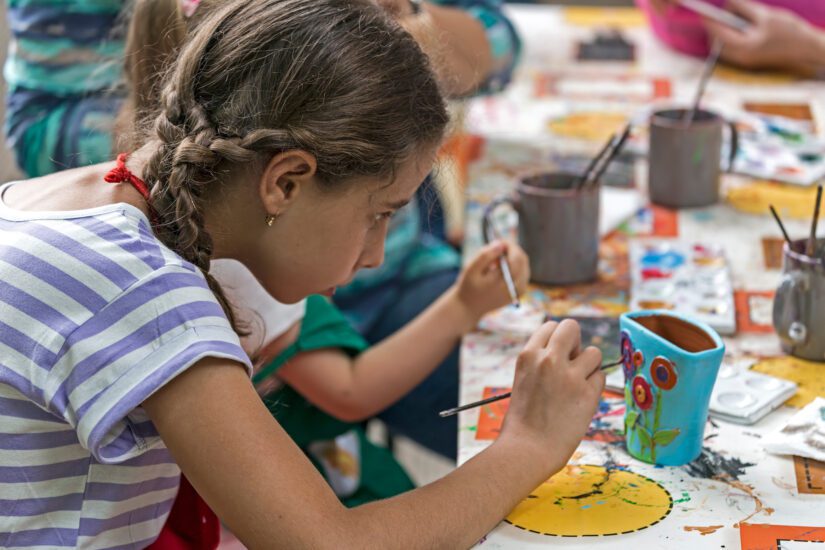Hobbies may seem frivolous, or silly — or maybe just a waste of time. But when so much of life’s energy is dedicated to the challenges of school, jobs, family and more, a hobby can be a source of happiness, confidence and relaxation. Hobbies, therefore should be seen as an asset — a valuable part of a complete life. But how does one go about choosing a hobby?
1. Think about how you like to spend your time
Do you like to listen to music? Maybe sing? How about reading? Drawing? Or sports? Are you fascinated by computers? Nurturing a pastime you enjoy is a great place to start. It can be a bit overwhelming to consider all the possibilities, especially when one considers the options provided by digital technology, which allow anyone with a computer to dabble in fields as diverse as robotics, fashion design, publishing, filmmaking, and architecture.
So poke around, look inside yourself, figure out what grabs your interest. You might surprise yourself!
2. Don’t be afraid to experiment
When we think of ourselves, we often use labels or stereotypes. This can be very limiting. Even at an early age we can easily be summed up by ourselves or others (athletic, or artistic, or shy, or social). Don’t let this stop you! Get outside your comfort zone and try new things. You might just stumble across activities you love but might not ordinarily have tried.
3. Remember, hobbies are supposed to be fun — they’re not jobs!
It might be tempting to think strategically about hobbies. For instance, you might think of how certain hobbies might look good on a college application, or perhaps provide networking opportunities. Try to avoid this way of thinking. After all, the point is to find an activity that will give you a break from all of life’s serious endeavours. Focus on finding something that is fun and relaxing. You don’t want your hobby to feel like a chore — ideally time should fly by when you’re doing it.
4. Be sure to respect your hobby
Try to dedicate a space in your room for your hobby: a space on a shelf, a part of your desk, a part of your wall. By ensuring your hobby has a physical place in your life, you help ensure it has a place in your life. A hobby all too easily fades away if it’s not cherished.
5. Don’t be afraid to share your efforts
One of the great things about a hobby is the social component. It’s great to meet people with similar interests and passions. Even if you’re working alone, it should be easy to find groups online who can offer support, advice and tips. With any luck, family and friends will provide support as well.
6. It’s okay to change your mind
You’re probably going to go down some blind alleys. You’ll try something for a bit, find it’s not to your liking and call it quits. That doesn’t make you a bad person! The important thing is to not give up on the idea of a hobby. In other words, if you try something and don’t like it, then try something else!



